Rose Molina
Dr. Rose Molina (she/ella) is an obstetrician-gynecologist and scholar-activist with a passion for language and immigration justice to achieve inclusive excellence in maternal health. She is an Associate Professor of Obstetrics, Gynecology and Reproductive Biology at Harvard Medical School and works as an obstetrician-gynecologist at The Dimock Center, a federally qualified community health center, where she cares for a large community of Spanish-speaking immigrants, and Beth Israel Deaconess Medical Center. She is the Lawrence Director of Professionalism, Humanism, and Health Equity in Medicine, the inaugural Director of the Medical Language Program, and Director of the Health Equity and Anti-Racism Societal Theme at Harvard Medical School.
Dr. Molina also works at Ariadne Labs, a joint center for health system innovation between Brigham and Women’s Hospital and Harvard T.H. Chan School of Public Health, to design, test, and spread solutions to enhance the quality and equity of pregnancy care in the US and around the world. She was an AHRQ Learning Health Systems K12 scholar and is building a research portfolio to measure and enhance trust when language barriers are present in pregnancy care.

The New York Times covers Dr. Rose Molina and her co-authors’ new research published in JAMA Network Open.

STAT News covers Dr. Rose Molina and her co-authors’ new research published in JAMA Network Open.

TIME reports on new research co-authored by Dr. Rose Molina and published in JAMA Network Open on April 9, that analyzed four years of nationwide data from the U.S. Centers for Disease Control and Prevention.

Representatives of community members, public sector organizations, and community-based organizations shared their first-hand experiences with inequities in the current system, and their cooperative effort to design an approach of more equitable care.
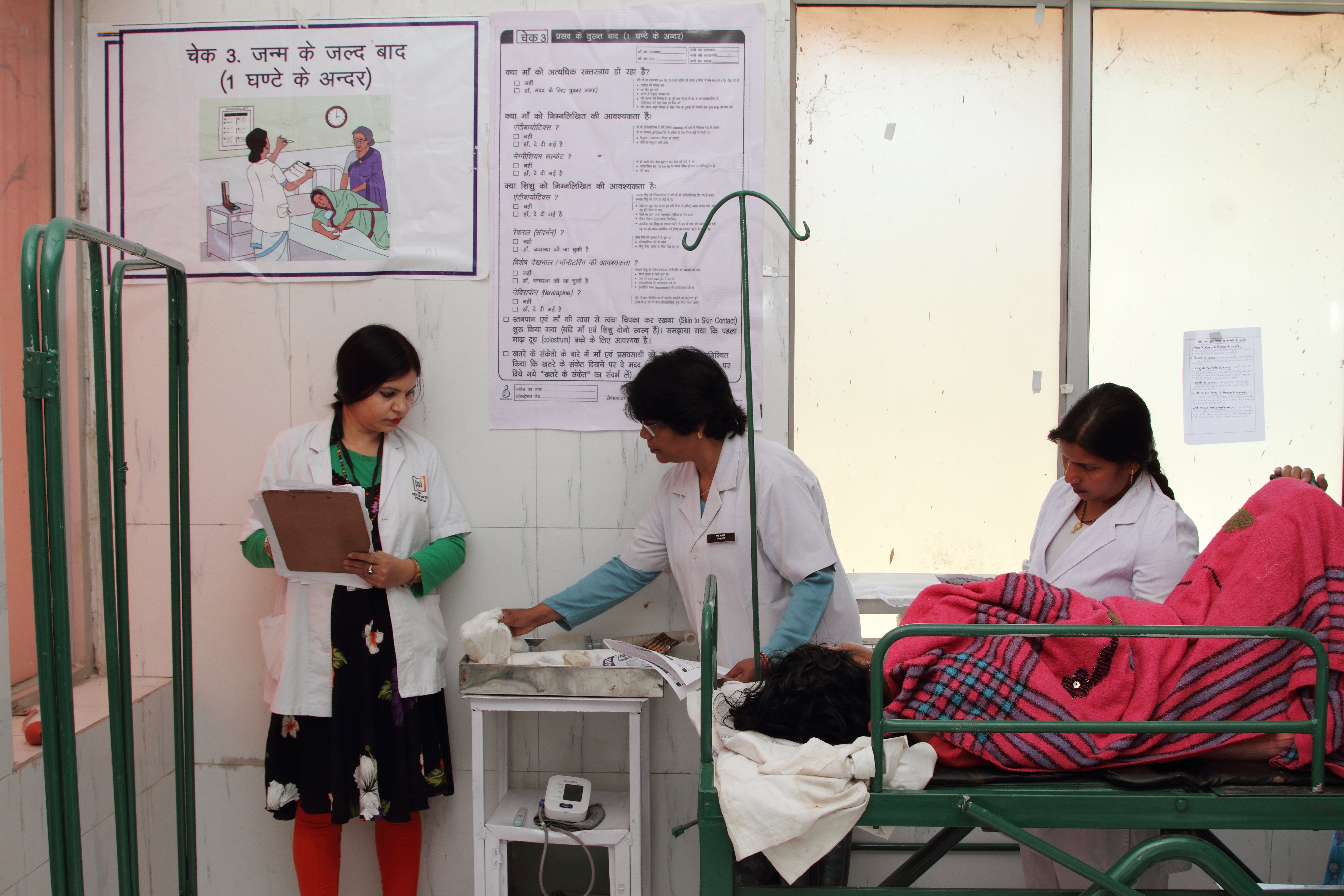
The Checklist should be just one part of an overall strategy to achieve high-quality maternal and neonatal care Since launching in 2015, the WHO Safe Childbirth Checklist has been regarded as an important tool in closing safety gaps in maternal and neonatal care. But, as a recent commentary co-authored by Ariadne Labs’ BetterBirth Program, Jhpiego,… Continue reading New Commentary Highlights Unfinished Research Agenda for WHO Safe Childbirth Checklist
Representatives of community members, public sector organizations, and community-based organizations shared their first-hand experiences with inequities in the current system, and their cooperative effort to design an approach of more equitable care.

Published results from the Spark Grant program’s Cultural Brokering project explores the role that cultural brokers fulfill during pregnancy care for patients with limited English proficiency and the need to recognize, value, and integrate cultural brokering into pregnancy care.

The Innovation Platform developed a clinician tool using human-centered design to enhance communication and trust with Spanish-speaking patients during pregnancy visits.

The BetterBirth team and partners’ systematic review found evidence demonstrating the effectiveness of the Safe Childbirth Checklist in reducing stillbirths and improving adherence to essential birth practices.
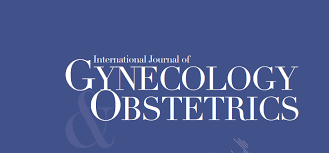
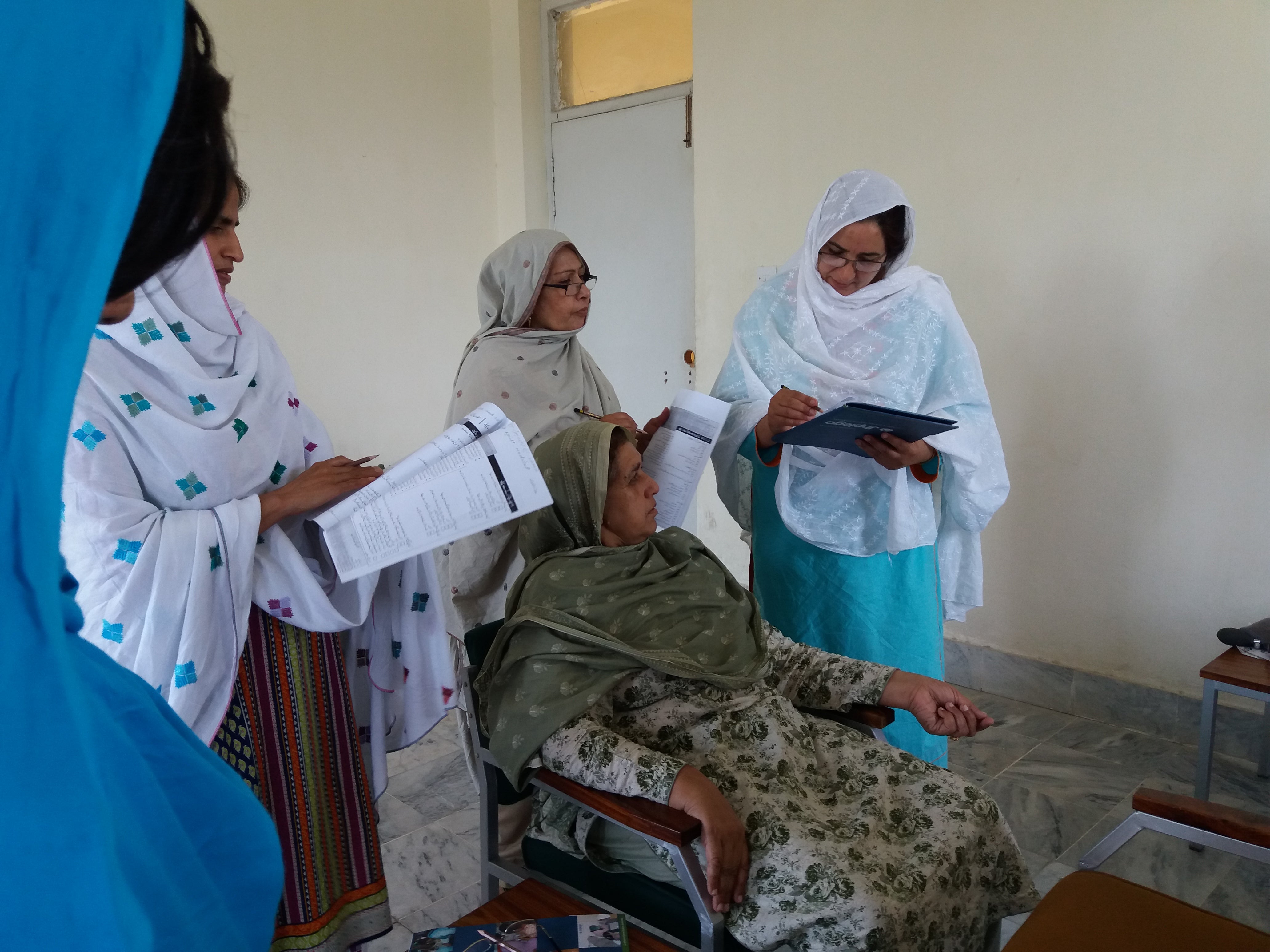
Commentary from the BetterBirth team published in Lancet Global Health on how the Checklist is most effective when implemented as part of a larger quality improvement initiative and calls for more research.
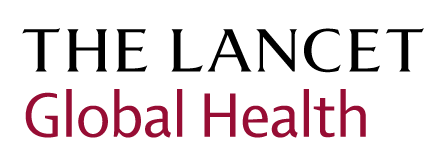
Published in the Journal of Global Health Reports, the BetterBirth team shares important insights about how to adapt, implement, evaluate, and sustain use of the Checklist.
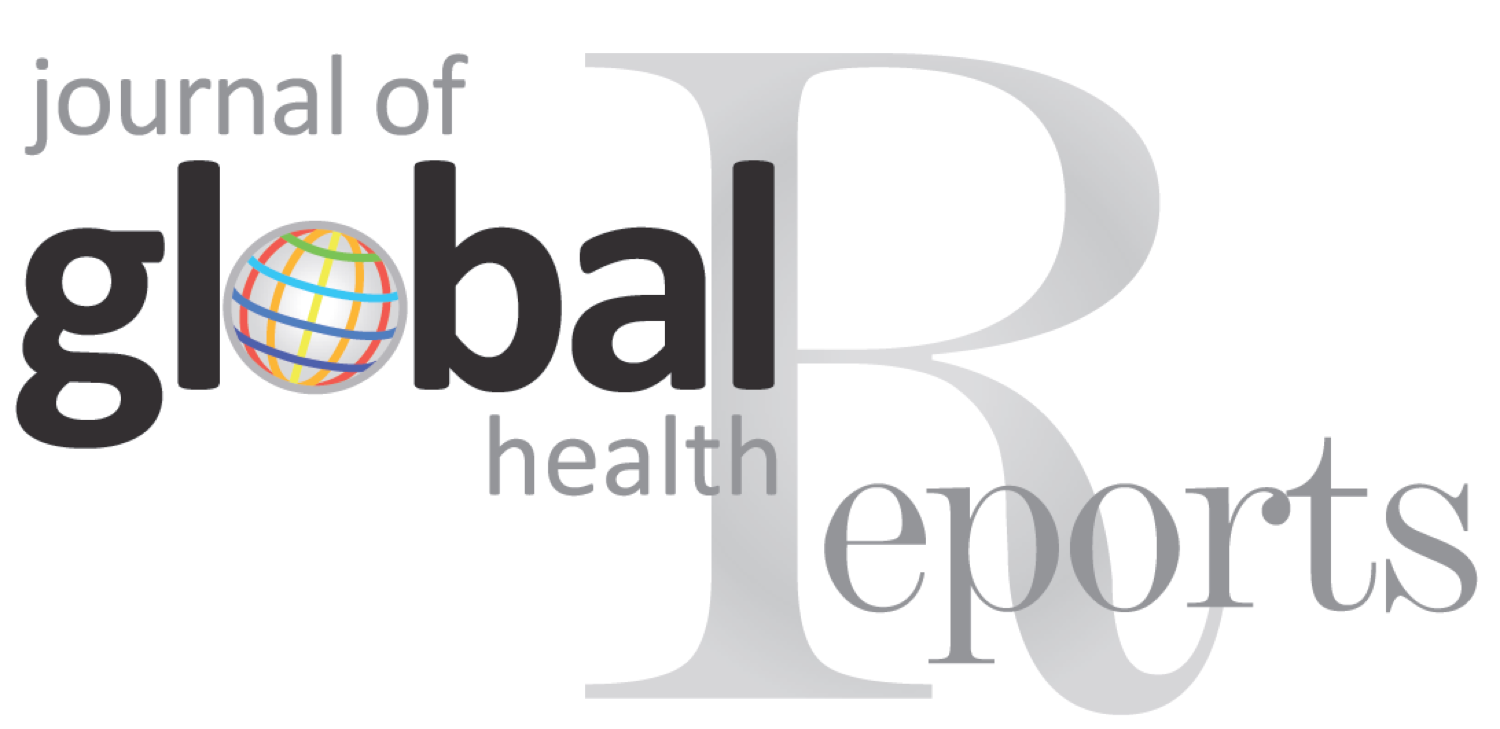
The Delivery Decisions Initiative team published work in Journal of Public Health Management and Practice on using a human-centered design process to assess proposed solutions for gaps in social support services during pregnancy and the first year after childbirth.
A mixed methods study of racial/ethnic inequities in maternal health in the Greater Boston Area, through the lens of CBOs who work at the intersection of maternal health and racial equity. Published in the Maternal and Child Health Journal from our Delivery Decisions Initiative team.
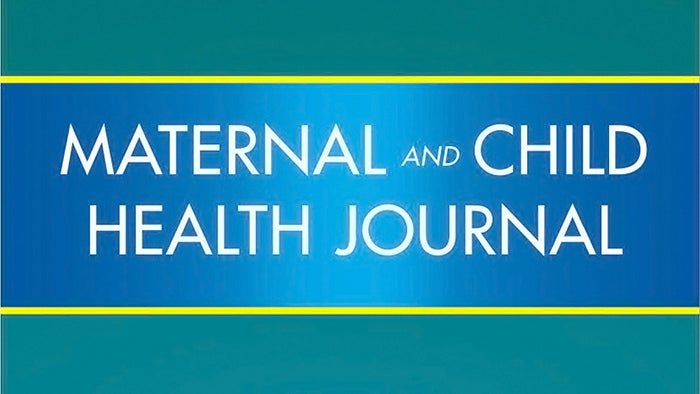
An assessment of the current use of the Safe Childbirth Checklist found that it had been widely adopted and adapted to local contexts.




